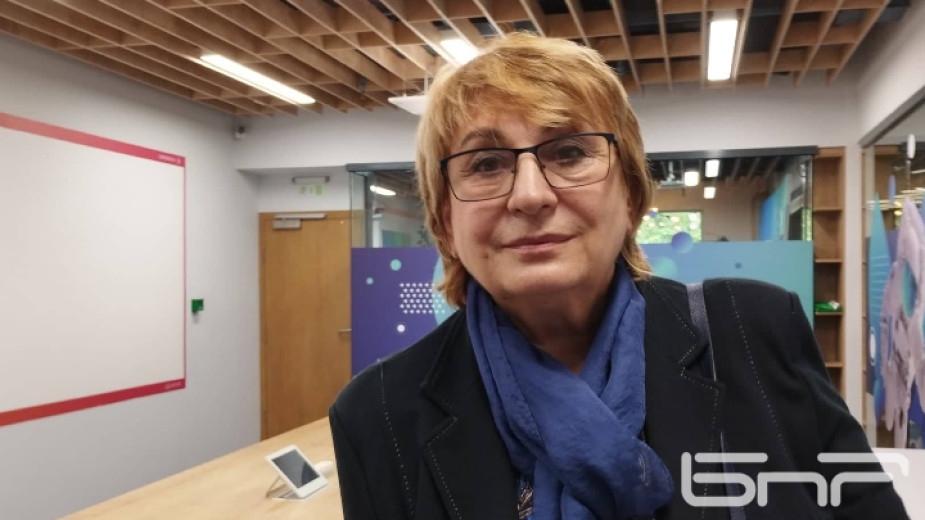Seventy percent of people with mental health problems in Bulgaria receive no care. Those who undergo treatment in one of the 12 state psychiatric institutions are not receiving aftercare and follow-up care, it became clear during a discussion in Sofia on depression. According to World Health Organization projections, by 2030 depression will become the No 1 cause of disability.

"We can definitely confirm that the number of patients with anxiety disorders or depression increased during the Covid-19 lockout and pandemic. The coronavirus itself can directly affect the central nervous system," explained Prof. Vihra Milanova, Head of the Psychiatry Clinic at the Aleksandrovska University Hospital.
The good news is that most of these disorders are transient. In her words, children have also been affected by online schooling and are now being referred to as "the Covid generation". There are patients among adolescents who have post-covid syndrome in terms of mental health, Prof. Vihra Milanova said.
Psychiatric screenings in 2021 are up 25,000 compared to 2019, according to the National Center for Public Health and Analysis (NCPHA). Neurology consultations have also increased dramatically, by 230,000. The demand for tranquilizers has grown, with sales of antidepressants jumping 7%. There were 150% more calls for help to hotlines for victims of domestic violence.One-third of all patients with severe depression have treatment-resistant depression that is not responding to current antidepressants, the experts said. These patients have a 50% increased risk of cardiovascular disease, a 29% increased risk of malignancy, an increased risk of suicide, and a 38-50% decreased quality of life.

And yet, despite the high incidence, after receiving inpatient treatment, Bulgarian patients cannot be referred for aftercare, as it is not provided by the state. Outside inpatient treatment in the 12 state psychiatric hospitals, only private psychiatric services are offered. At the same time, of the nearly 500 psychiatrists in the country, only 1% have a private practice, making it extremely difficult for patients to reach them.
Medical and social care in Bulgaria are separate and there is no working system to objectively assess the condition of people with mental illness and their needs, the head of the Psychiatry Clinic at the Alexandrovska University Hospital explained."Over the years, mental health in our country has been neglected. This is my observation from the last years and when I am asked what needs to change, I answer that there is no one solution, the problems are complex, but it is high time to help both people with mental health problems and those who care for them", said Prof. Dr. Milanova in an interview for BNR on the occasion of the World Mental Health Day.
Interview by Gergana Hrischeva, BNR Horizont
Photos: library, freepik.comPeaceful protests were held in Serbia against the detention of demonstrators Students and citizens staged a peaceful protest in front of the court building and the prosecutor’s office in Novi Sad, calling for the release of all arrested..
According to statistics from the Executive Forest Agency, between 2010 and 2024, there were 7,115 forest fires in Bulgaria , affecting 92,694 hectares of land. Data for the current year is not yet available. Over 90% of all fires are caused by human..
“Learn with an open mind; Serve a great cause” - this is the motto that guides the Beijing Foreign Studies University in the Chinese capital. The higher education institution, founded in 1941, today teaches 101 foreign languages,..
“Learn with an open mind; Serve a great cause” - this is the motto that guides the Beijing Foreign Studies University in the Chinese..
According to statistics from the Executive Forest Agency, between 2010 and 2024, there were 7,115 forest fires in Bulgaria , affecting 92,694 hectares..
Peaceful protests were held in Serbia against the detention of demonstrators Students and citizens staged a peaceful protest in front of the..

+359 2 9336 661
